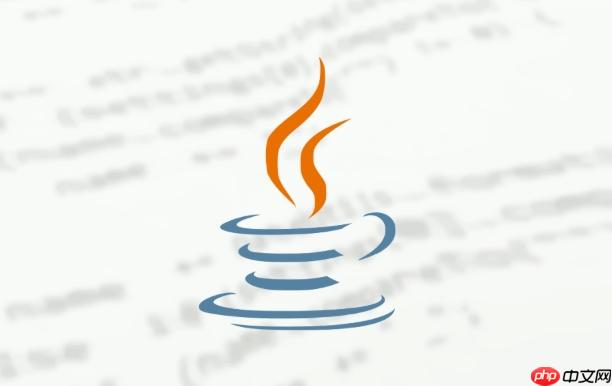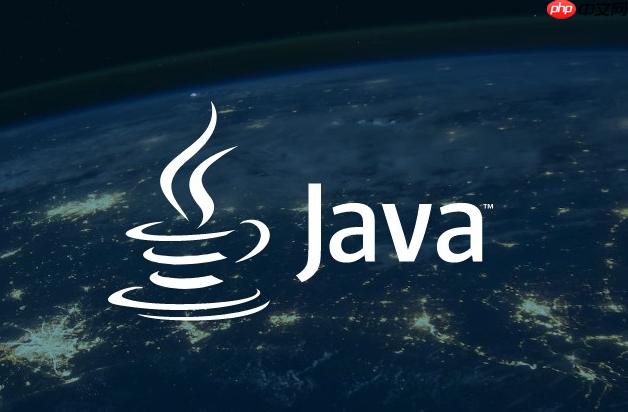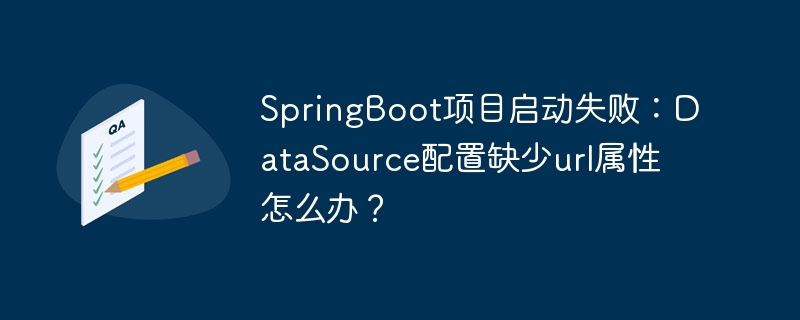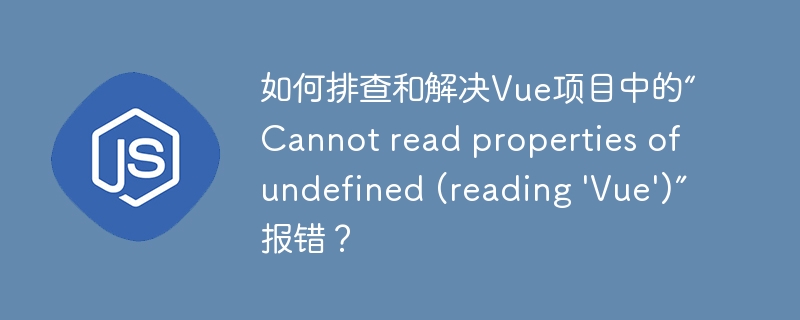Java中实现post请求的核心步骤包括:1.使用httpurlconnection类;2.设置请求方法为post;3.配置请求头;4.通过outputstream发送数据。代码示例展示了如何使用httpurlconnection发送post请求,包括构建请求体和处理响应。此外,使用apache httpclient等第三方库可简化开发流程,适用于复杂场景如文件上传。文件上传需构造multipart/form-data格式的请求体,并正确设置content-type。常见错误包括url格式错误、网络问题、请求方法配置错误等,可通过抓包工具、日志打印等方式调试。当需发送大量数据或敏感信息时应优先使用post请求。

Java中实现POST请求,核心在于使用java.net.HttpURLConnection类,构建请求头,设置请求方法,并向服务器发送数据。其实也没那么复杂,掌握几个关键步骤就行。

import java.io.OutputStream; import java.net.HttpURLConnection; import java.net.URL; import java.nio.charset.StandardCharsets; public class PostRequestExample { public static void main(String[] args) throws Exception { String url = "https://example.com/api/endpoint"; // 替换为你的API端点 String postData = "param1=value1¶m2=value2"; // 替换为你的POST数据 URL obj = new URL(url); HttpURLConnection con = (HttpURLConnection) obj.openConnection(); // 设置请求方法为POST con.setRequestMethod("POST"); // 添加请求头 con.setRequestProperty("Content-Type", "application/x-www-form-urlencoded"); // 允许输出 con.setDoOutput(true); // 发送POST数据 try (OutputStream os = con.getOutputStream()) { byte[] input = postData.getBytes(StandardCharsets.UTF_8); os.write(input, 0, input.length); } // 获取响应代码 int responseCode = con.getResponseCode(); System.out.println("Response Code : " + responseCode); // 读取响应内容(可选) // try (BufferedReader in = new BufferedReader(new InputStreamReader(con.getInputStream()))) { // String inputLine; // StringBuffer response = new StringBuffer(); // // while ((inputLine = in.readLine()) != null) { // response.append(inputLine); // } // in.close(); // // System.out.println(response.toString()); // } } }
代码里,HttpURLConnection是关键,设置请求方法、请求头,然后通过OutputStream发送数据。注意处理异常,并且别忘了关闭流。
使用HttpClient库简化POST请求?
立即学习“Java免费学习笔记(深入)”;

HttpClient库,比如Apache HttpClient或okhttp,可以简化POST请求的编写。它们提供了更高级的API,能更好地处理连接池、重定向、身份验证等复杂场景。
import org.apache.http.client.methods.CloseableHttpResponse; import org.apache.http.client.methods.HttpPost; import org.apache.http.entity.StringEntity; import org.apache.http.impl.client.CloseableHttpClient; import org.apache.http.impl.client.HttpClients; import org.apache.http.util.EntityUtils; public class HttpClientPostExample { public static void main(String[] args) throws Exception { CloseableHttpClient httpClient = HttpClients.createDefault(); HttpPost httpPost = new HttpPost("https://example.com/api/endpoint"); // 替换为你的API端点 String json = "{"param1":"value1", "param2":"value2"}"; // 替换为你的JSON数据 StringEntity entity = new StringEntity(json); httpPost.setEntity(entity); httpPost.setHeader("Accept", "application/json"); httpPost.setHeader("Content-type", "application/json"); CloseableHttpResponse response = httpClient.execute(httpPost); try { System.out.println(response.getStatusLine()); String responseBody = EntityUtils.toString(response.getEntity()); System.out.println(responseBody); } finally { response.close(); } } }
这段代码使用了Apache HttpClient,构建了一个HttpPost对象,设置了请求体和请求头,然后执行请求并处理响应。 记得引入相应的依赖。

如何处理POST请求中的文件上传?
文件上传通常需要设置Content-Type为multipart/form-data,并且构造包含文件数据的请求体。这比简单的键值对POST请求要复杂一些。
import java.io.File; import java.io.FileInputStream; import java.io.IOException; import java.io.OutputStream; import java.net.HttpURLConnection; import java.net.URL; import java.nio.charset.StandardCharsets; public class FileUploadExample { public static void main(String[] args) throws IOException { String url = "https://example.com/api/upload"; // 替换为你的API端点 File uploadFile = new File("path/to/your/file.txt"); // 替换为你的文件路径 String boundary = "===" + System.currentTimeMillis() + "==="; URL obj = new URL(url); HttpURLConnection con = (HttpURLConnection) obj.openConnection(); con.setRequestMethod("POST"); con.setRequestProperty("Content-Type", "multipart/form-data; boundary=" + boundary); con.setDoOutput(true); try (OutputStream outputStream = con.getOutputStream()) { // 添加文件参数 outputStream.write(("--" + boundary + "rn").getBytes(StandardCharsets.UTF_8)); outputStream.write(("Content-Disposition: form-data; name="file"; filename="" + uploadFile.getName() + ""rn").getBytes(StandardCharsets.UTF_8)); outputStream.write(("Content-Type: text/plainrn").getBytes(StandardCharsets.UTF_8)); // 根据文件类型修改 outputStream.write(("rn").getBytes(StandardCharsets.UTF_8)); // 写入文件内容 FileInputStream fileInputStream = new FileInputStream(uploadFile); byte[] buffer = new byte[4096]; int bytesRead; while ((bytesRead = fileInputStream.read(buffer)) != -1) { outputStream.write(buffer, 0, bytesRead); } fileInputStream.close(); outputStream.write(("rn").getBytes(StandardCharsets.UTF_8)); outputStream.write(("--" + boundary + "--rn").getBytes(StandardCharsets.UTF_8)); } int responseCode = con.getResponseCode(); System.out.println("Response Code : " + responseCode); } }
这段代码演示了如何使用HttpURLConnection上传文件。关键在于设置正确的Content-Type和构造符合multipart/form-data格式的请求体。
POST请求中的常见错误和调试技巧?
常见的错误包括:
- MalformedURLException: URL格式错误。
- IOException: 网络连接问题。
- ProtocolException: 请求方法设置错误。
- 服务器返回错误状态码(如400, 404, 500)。
调试技巧:
- 使用抓包工具(如wireshark, fiddler)查看请求和响应。
- 打印请求头和请求体,确认数据是否正确。
- 查看服务器日志,了解服务器端发生了什么。
- 使用postman等工具模拟POST请求,排除客户端代码问题。
什么时候应该使用POST请求而不是GET请求?
简单来说,当需要发送数据给服务器,并且数据量较大或者包含敏感信息时,应该使用POST请求。GET请求通常用于获取资源,并且数据会附加在URL上,不适合发送大量数据或敏感信息。POST请求将数据放在请求体中,更安全也更适合发送复杂数据。



















